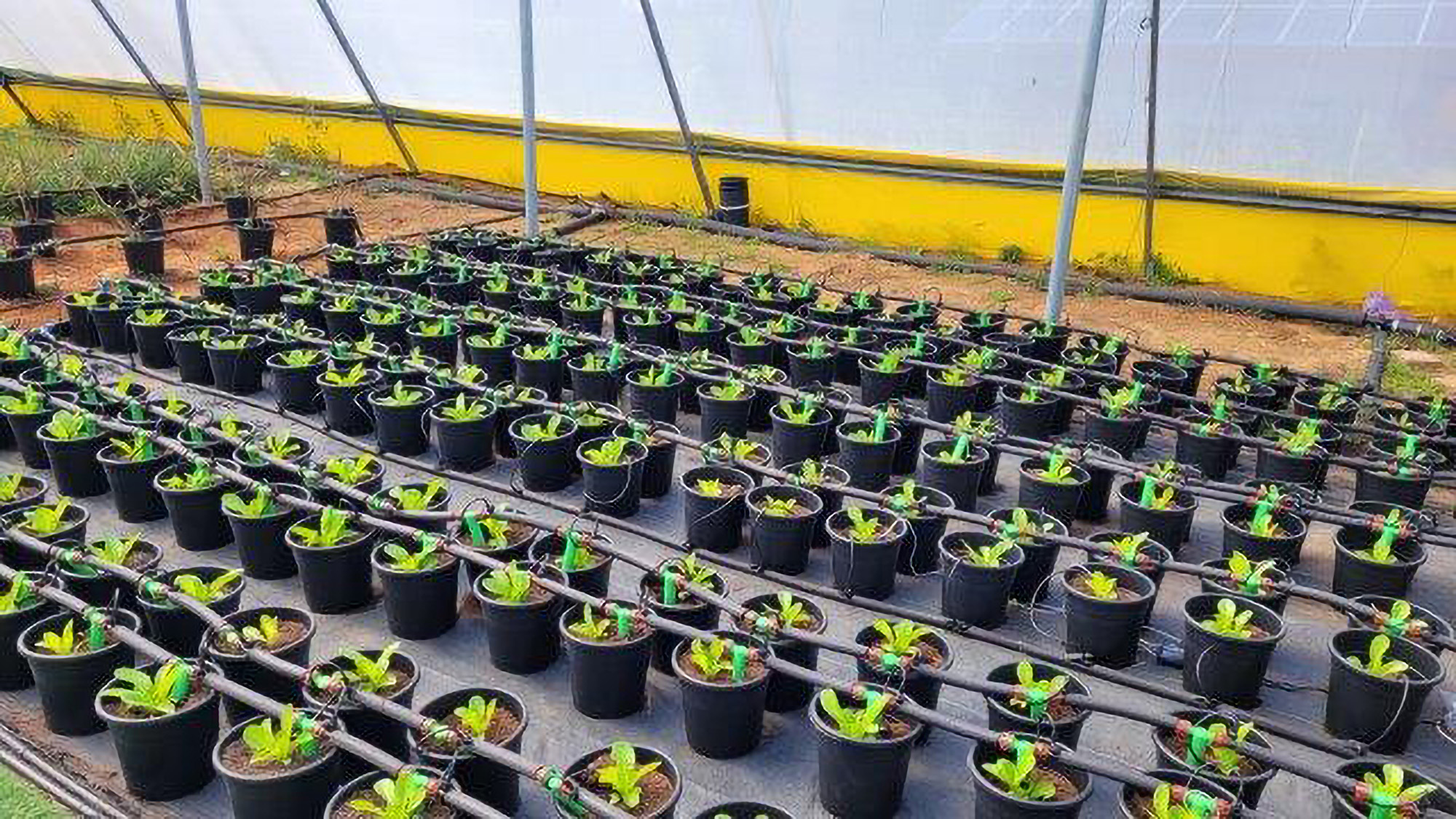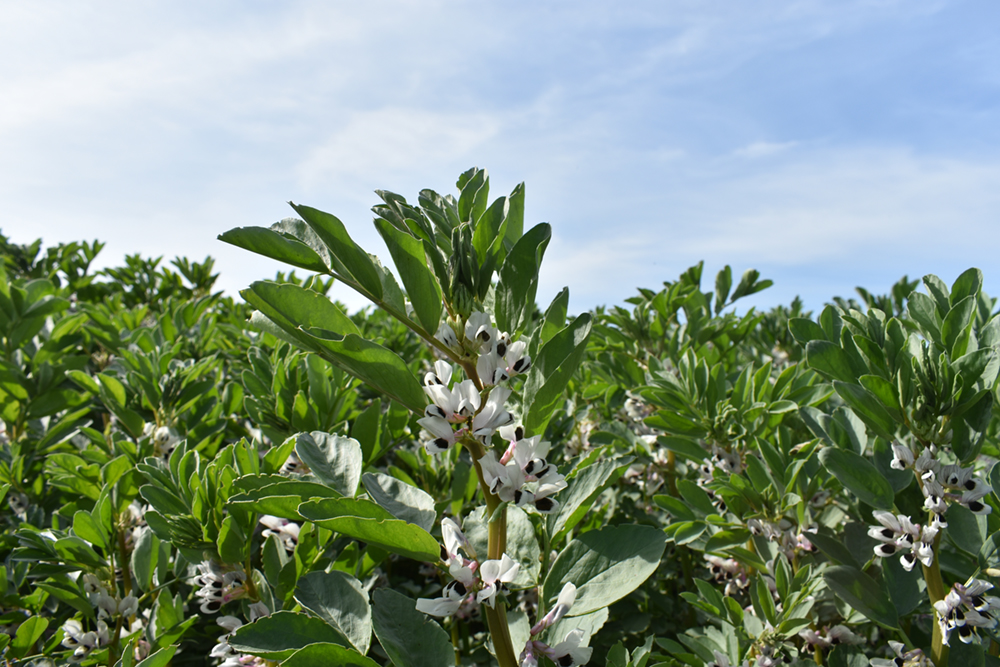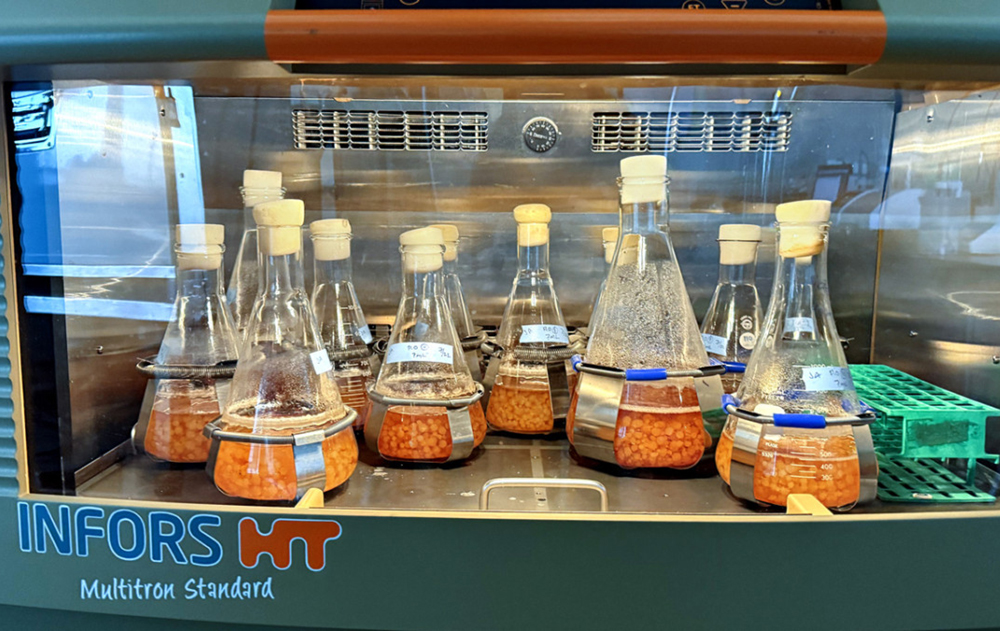

Roots explores protein-boosting crop technology to support growing plant-based meat market
Roots Sustainable Agricultural Technologies has launched a protein-planting program aimed at the fast-growing artificial and alternative meat sector. The company confirmed it is in talks with potential end users and partners to test whether its root zone temperature optimization (RZTO) technology can increase the protein content of organic crops used in plant-based meat products.
The initiative forms part of a planned bi-national collaboration between Israel and the Netherlands. Roots is currently in discussions with a European consultancy group and a bio-based organization to apply for a joint grant that would include three companies, two of which must be based in Europe.
At its research hub in Israel, Roots has planted four high-protein crops to evaluate the impact of its upgraded RZTO system, which now includes a newly released heat exchange stub designed to improve thermal performance. Initial results from the program’s first phase are expected in December.
The RZTO system regulates soil and root temperatures to maintain optimal growing conditions year-round. Previous studies by the company have shown that heating and cooling plant roots can significantly increase root mass, vegetative activity, and total plant biomass – all indicators of stronger, more productive crops. The new program will assess whether the same approach can enhance protein content, an essential metric for plant-based meat producers.
If successful, the project could enable organic farmers to deliver higher-protein crops more efficiently and with lower environmental impact. “The organic meat replacement segment is emerging as a significant opportunity for our root zone heating and cooling technology,” said Roots Chief Executive Officer Dr Sharon Devir. “We see great benefits for high-value crops grown indoors organically. Our technology enables year-round production with relatively low energy demand, which decreases the environmental impact.”
Devir added that consumer concerns over the environmental and health effects of conventional meat are driving the surge in demand for alternatives. “A changing approach from the food industry to create meat alternatives has contributed to the large growth in the meat-replacement market,” he said.
Roots hopes its RZTO technology can help organic growers compete in the artificial meat sector, which currently depends heavily on industrially grown, high-protein crops cultivated with intensive chemical inputs. By improving protein yields under organic or low-input systems, Roots aims to make the supply chain for plant-based protein both cleaner and more sustainable.
The company’s move comes amid rising global interest in meat substitutes. Fast-food chains such as McDonald’s and Burger King have introduced plant-based menu items in the USA, while Australian chains such as Hungry Jack’s have followed suit. The trend is fueling demand for high-protein crops such as soy, peas, lentils, and chickpeas – a market that Roots hopes to serve through its agri-tech innovations.
Beyond its protein-planting program, Roots is pursuing complementary initiatives in sustainable agriculture. Earlier in October, it announced a collaboration with Israeli energy storage company Nostromo Ltd to advance its solar-powered, off-grid Irrigation by Condensation (IBC) technology. The partnership aims to develop an autonomous cooling and energy storage system using Nostromo’s IceBrick modular thermal cell, which stores cold energy to generate irrigation water from atmospheric humidity – a potential breakthrough for food production in arid regions.
Roots will oversee the installation and agronomic management of the IBC system at Nostromo’s lab in Israel, while Nostromo will handle data collection and analysis. “Partnering with a cutting-edge energy storage provider will enable us to progress commercialization of our IBC technology, addressing increased global demand for systems which mitigate drought,” Devir said.
To support its development pipeline, Roots recently raised approximately US$820,000 through a private placement to sophisticated investors, following an earlier capital raising in May. The funds will be used to commercialize RZTO applications, expand activities in the US cannabis and hemp sectors, and pursue new opportunities for sustainable crop technologies.
As global attention shifts toward sustainable protein sources and regenerative farming, Roots aims to position its technology at the intersection of food innovation and climate resilience. “We’re focused on solutions that increase productivity while reducing environmental impact,” said Devir. “Our goal is to help growers produce more protein, more efficiently, for the next generation of food.”
If you have any questions or would like to get in touch with us, please email info@futureofproteinproduction.com

.png)






